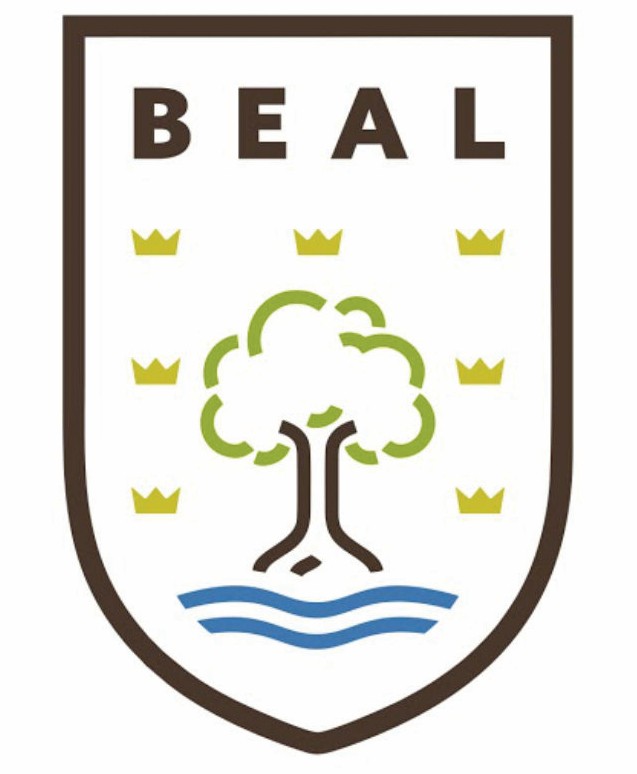Cyberbullying
What is cyber-bullying?
Cyber-bullying is bullying that takes place online, through the use of electronic media devices, such as computers, laptops, smartphones, tablets, or gaming consoles. We know there is a strong link between online bullying and face to face bullying. There is the potential for a wider audience and bullying incidents can stay online, for example: a photo that you can’t remove
Types of Cyber-bullying
Cyberbullying can include:
- sending threatening or abusive text messages;
- creating and sharing embarrassing images or videos;
- trolling – the sending of menacing or upsetting messages on social networks, chat rooms or online games;
- excluding children from online games, activities or friendship groups;
- shaming someone online;
- setting up hate sites or groups about a particular child;
- encouraging young people to self-harm;
- voting for or against someone in an abusive poll;
- creating fake accounts, hijacking or stealing online identities to embarrass a young person or cause trouble using their name;
- sending explicit messages, also known as sexting or youth produced sexual imagery;
- pressuring children into sending sexual images or engaging in sexual conversations.
There are broadly 4 areas of risk for young people:
Content: being exposed to illegal, inappropriate or harmful content, for example: pornography, fake news, racism, misogyny, self-harm, suicide, anti-Semitism, radicalisation and extremism.
Contact: being subjected to harmful online interaction with other users; for example: peer to peer pressure, adults posing as children or young adults with the intention to groom or exploit them for sexual, criminal, financial or other purposes’.
Conduct: personal online behaviour that increases the likelihood of, or causes, harm; for example, making, sending and receiving explicit images (e.g consensual and non-consensual sharing of nudes and semi-nudes and/or pornography, sharing other explicit images and online bullying; and
commerce – risks such as online gambling, inappropriate advertising, phishing and or financial scams.
Support and advice for parents:
Talk to your children about Bullying and Cyber-bullying.
If you suspect your child to be a victim of Cyber-bullying listen carefully to what your child has to say. They may feel scared, embarrassed or ashamed that they are a victim to Cyber-bullying and may feel worried about what could happen to them if they speak to anyone about it.
If they cannot talk to you about it, tell them to have a chat with a trusted adult in the school or family member.
The following websites and resources may also be helpful:
Anti-bullying alliance (ABA) – focus on cyberbullying
Focus_on_Cyberbullying.pdf (anti-bullyingalliance.org.uk)
NSPCC – advice on Cyberbullying
Helping Children Deal with Bullying & Cyberbullying | NSPCC
Thinkuknow is an educational programme which aims to ensure that everyone has access to this practical information – children, young people, their parents and carers and the professionals who work with them.
The following pages may be useful for parents and/or students:
Using parental controls (thinkuknow.co.uk)
Parental controls are a great tool to help protect your children online and there’s plenty of advice available to help you use them. Find out how you can use them effectively.
Nude selfies: a parents’ guide – subtitled (thinkuknow.co.uk)
Teenagers tell us that sharing sexual pictures and videos is not unusual. It can be risky but don’t panic, there are steps you can take if things get out of control. This page will provide parents with some advice and guidance.
Online contact and staying safe (thinkuknow.co.uk)
Video streaming and chatting online can be really exciting, but do you know how to protect your child from adult content and contact? Find out how to help them stay safe from abuse.
Gaming – what parents/carers need to know
Gaming: what parents and carers need to know (thinkuknow.co.uk)
Gaming is extremely popular with children and young people. If your child is gaming, you may have questions about how your child can be safer whilst they play and interact.
- Snapchat
- TikTok
- YouTube
- Twitch
- Mine-Craft
- HouseParty

CEOP is the Child Exploitation and Online Protection unit within the National Crime Agency.
CEOP also has a reporting system where young people can get advice and report any sexual exploitation online.
What kind of Concerns can be reported to CEOP?
- Someone online has asked a child/young person to send them nude images
- A child/young person has shared a nude image with someone online and then this person has threatened/blackmailed the child as a result.
- A child/young person has or is planning to meet up with someone face-to-face that they have only met online.
- Someone online is talking to a child/young person in a sexual way and making them feel uncomfortable.
- Someone online is sending child/young person pornography.
- Someone online keeps asking a child/young person to go on camera.
E-safety Training – Having spent many years working as Police Detectives in various covert roles tackling Online and Offline Child Exploitation The ‘2 Johns’ are regarded as experts in their field. The following website offers a range of guides and resources for parents and carers who may be more at risk of online harms.
